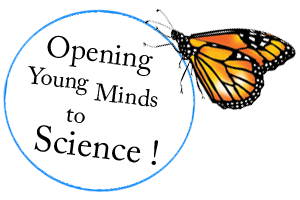
Lizard Island: Observation is the first in a series of 3 video games created in collaboration with scientists at UC Davis. Prof. Louie Yang and his team have been studying the ecology of a series of microislands in the Bahamas, and these data have been used to make Lizard Island as scientifically accurate as possible.

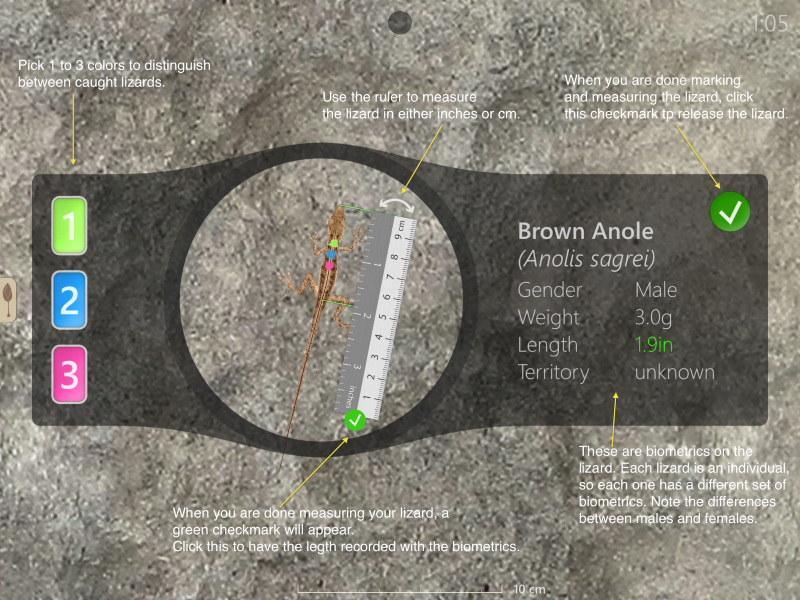
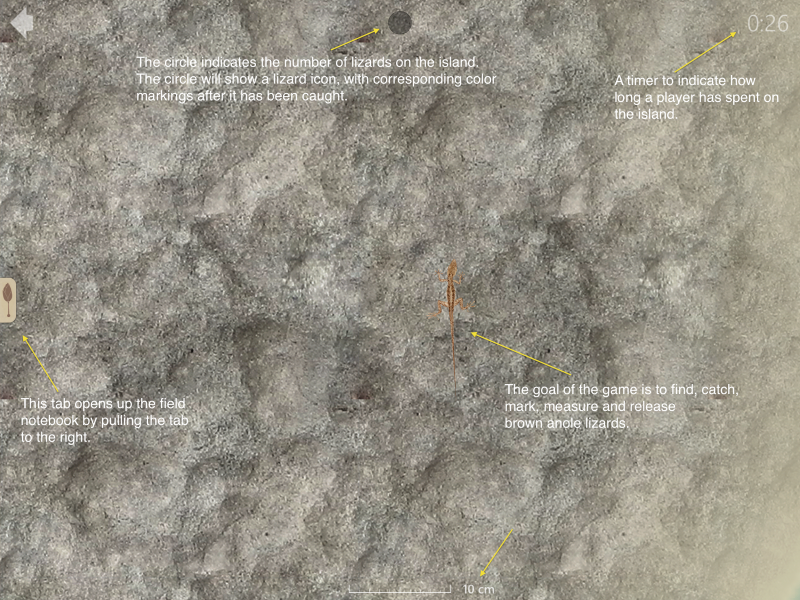
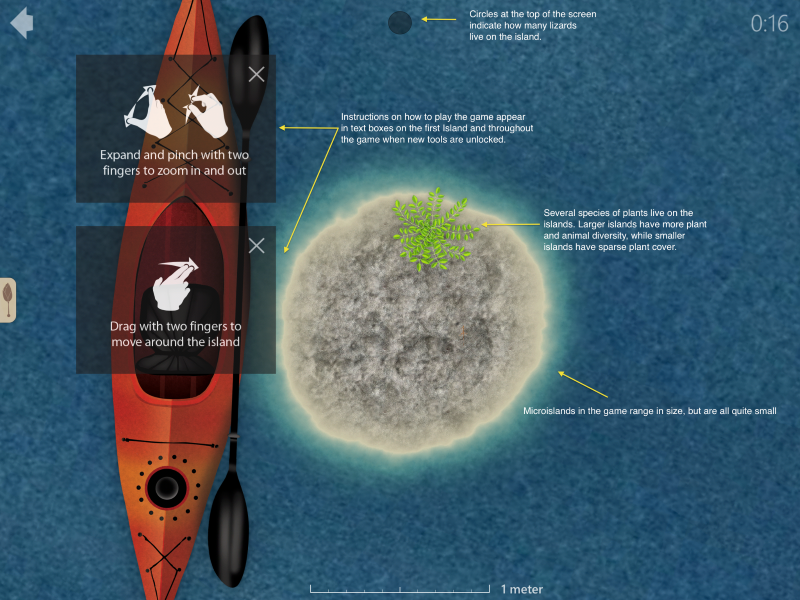
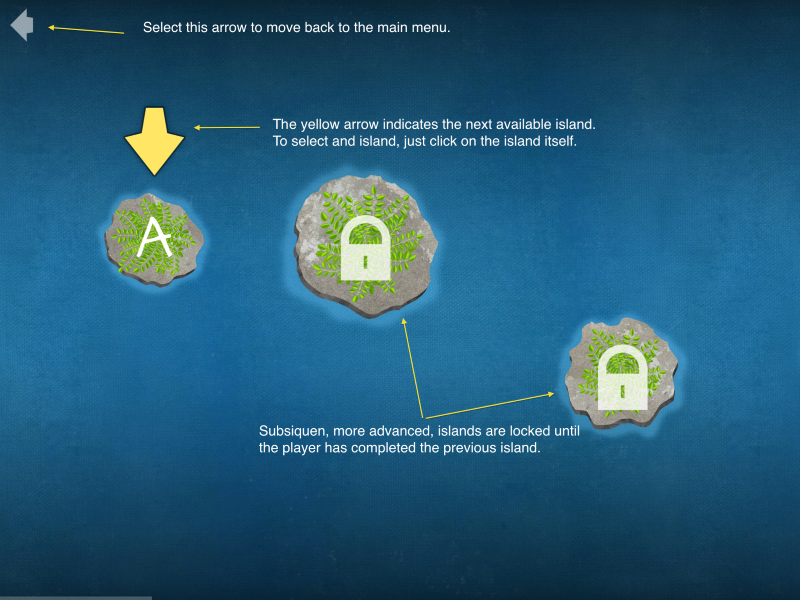

The game is aligned with Common Core math standards and the Next
Generation Science Standards, making it appropriate for both home and school use. Players search microislands for brown anole lizards,
which they must catch, tag, and measure. Along the way, players can tap on various island life to learn more about it.
Facts, questions, and answers are recorded in a field notebook. The game is appropriate for non-readers or those with
learning disabilities, as players have the option to have the text read aloud. The game is recommended for children
in grades K-5.
Standards Covered:
- CCSS.Math.Content.2.MD.A.2: Measure the length of an object twice, using length units of different lengths for the two measurements;; describe how the two measurements relate to the size of the unit chosen..-players can measure caught lizards using a moveable ruler
- CCSS.Math.Content.2.MD.A.4: Measure to determine how much longer one object is than another, expressing the length difference in terms of a standard length unit.-players can keep track of lizard measurements in their field notebook and find the difference among lizards
Lizard Island: Hypothesis
Lizard Island: Hypothesis puts the player in the role of the lizard. Players need to not only survive, but thrive on the island. To survive, players need to find food and water at regular intervals. They will also need to thermoregulate and defend/hide from predators. To thrive, players will fight other lizards for the best and largest territories and attract mates. This game is also recommended for children in grades K-5
Standards Covered:
- 3-LS1-1: Develop models to describe that organisms have unique and diverse life cycles but all have in common birth, growth, reproduction, and death..-Using a sped-up lifespan, players become the lizard trying to survive and reproduce from birth until death.
- 3-LS4-2: Use evidence to construct an explanation for how the variations in characteristics among individuals of the same species may provide advantages in surviving, finding mates, and reproducing.
-Lizards are given different skill sets that affect their ability to survive, with these skill sets shown on a slider. Players have to consider individual lizard characteristics when deciding how to play.
Lizard Island: Experiment
Lizard Island: Experiment is the third game in the Budding Biologist Lizard Island series. In this game, players build their own islands.
They will first establish a vegetative trophic level by determining which plants grow in different microhabitats on the island. Once they have
determined the growth needs for each plants and created a stable vegetative level, they will add a series of herbivores and determine which
herbivores eat which plants, and how many are necessary to create a stable ecosystem. Players will continue building their island until it
can support a capstone predator. Recommended for children in grades K-5
Standards Covered:
- 3-LS4-4: Make a claim about the merit of a solution to a problem caused when the environment changes and the types of plants and animals that live there may change. -players creating an island can select from different environmental changes, such as flooding or temperature, to see how island life adapts.
- 3-LS4-3: Construct an argument with evidence that in a particular habitat some organisms can survive well, some survive less well, and some cannot survive at all. -within the confines of the island, players can select a variety of plant and animal life to observe how island characteristics, such as soil content or the availability of prey, affect the island habitat.
 project funded by an NSF SBIR grant
project funded by an NSF SBIR grant


